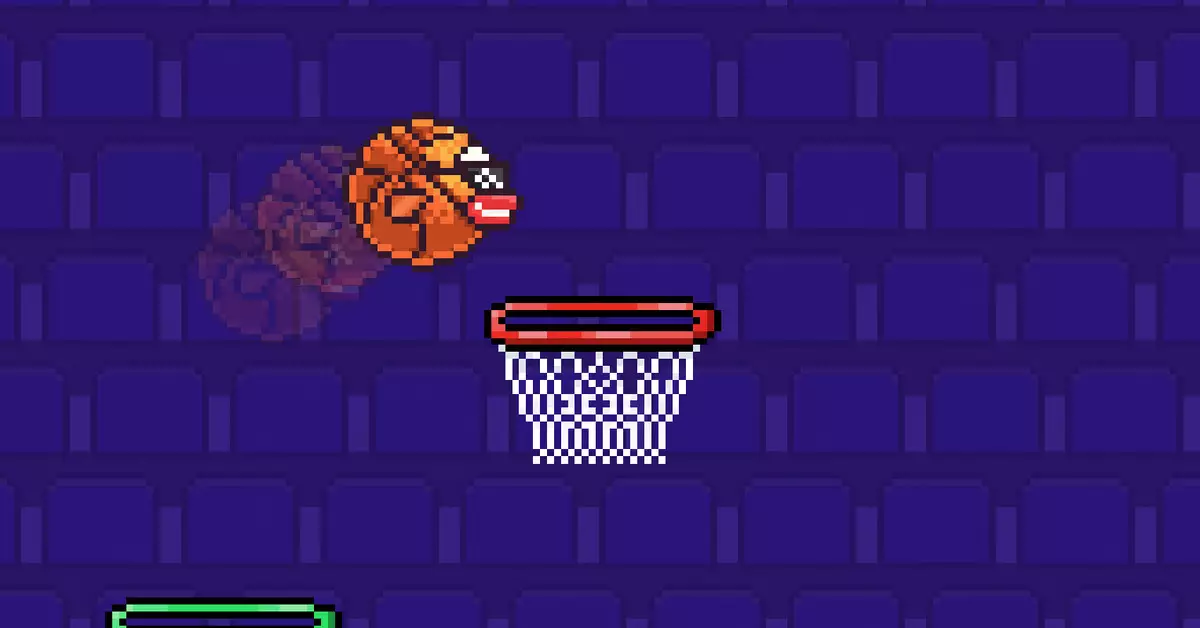In the ever-evolving landscape of mobile gaming, nostalgia often plays a pivotal role in drives a game’s revival. The Flappy Bird Foundation recently announced its intention to bring back the beloved yet notoriously challenging game, Flappy Bird, a title that dominated app stores at its peak. However, the original creator, Dong Nguyen, has publicly distanced himself from this new endeavor, which raises questions about the legitimacy of this reintroduction. While the Flappy Bird Foundation touts its efforts as a resurgence of a classic, Nguyen’s lack of involvement suggests that this may not be the heartwarming return fans envision.
It’s important to note that the Flappy Bird Foundation claimed to have acquired the rights to the game from Gametech Holdings, LLC, which had previously secured the trademark from Nguyen. This complicated web of rights and ownership casts shadows on the motivations behind the game’s return. The fact that Nguyen’s original trademark was deemed abandoned by the U.S. Patent and Trademark Office evokes a sense of bitterness surrounding the nostalgia surrounding the game. This scenario illustrates the intricacies of intellectual property rights in the fast-paced digital world, where the original creators may be overshadowed by corporations.
Nostalgia vs. Authenticity
The promotional materials for the newly announced Flappy Bird heavily lean on nostalgia, emphasizing the game’s original rise to fame and its abrupt exit from the scene in 2013. While this retro marketing strategy appeals to a generation of players who fondly remember the struggle of guiding that pixelated bird through an endless maze of pipes, it raises ethical considerations regarding authenticity. Are players looking for a genuine recreation of a classic game, or are they being marketed a hollow experience built solely on nostalgia?
The sentimentality surrounding the game prompts a reflection on what defines the essence of a beloved title. Flappy Bird was not just a game; it was a cultural phenomenon that encapsulated a specific moment in mobile gaming history. If its new iteration lacks the spirit and innovation that characterized the original, can it truly capture the hearts of fans? The involvement of Nguyen, or lack thereof, plays a significant role in this ongoing debate, as his creative vision was synonymous with the game’s success.
The Uncertain Future of Flappy Bird
To complicate matters further, cybersecurity researcher Varun Biniwale uncovered hints that the Flappy Bird revival may incorporate elements of cryptocurrency and Web 3.0 technology. This evolution poses intriguing questions about the direction of gaming experiences in a digital age increasingly obsessed with blockchain and decentralized ownership. While the promise of the game “flying higher than ever” on Solana suggests innovation, it can also lead to potential distractions from the original gameplay dynamics that players loved in Flappy Bird.
For now, the mobile gaming community eagerly anticipates the arrival of Flappy Bird on iOS and Android devices. However, the excitement is tinged with skepticism regarding its authenticity and adherence to the qualities that endeared it to players almost a decade ago. As the gaming landscape evolves, whether this revival will resonate with fans or become another forgotten chapter in gaming history remains to be seen. Will gamers find satisfaction in this newly minted version, or will it fall flat, muddled by a marriage of nostalgia and commercialization?

